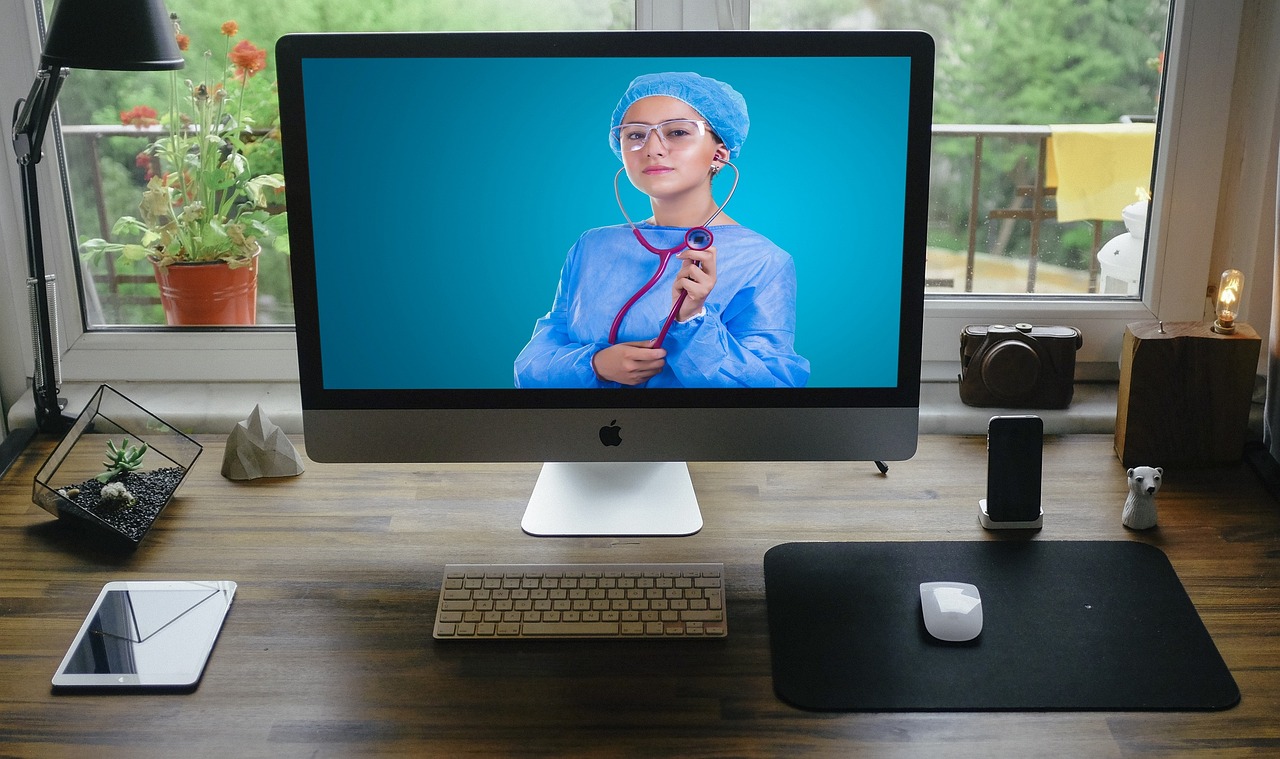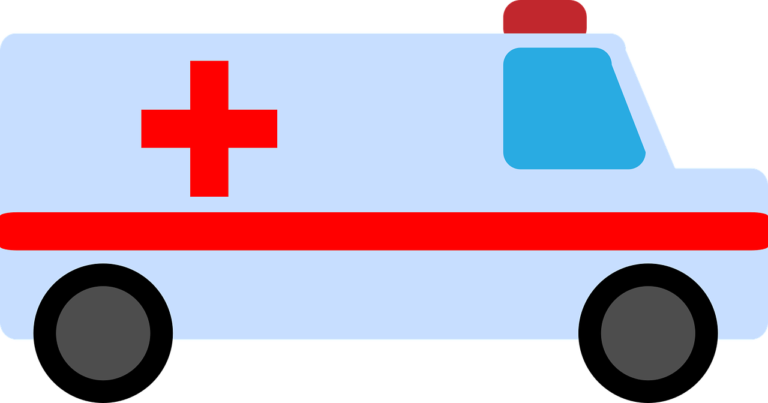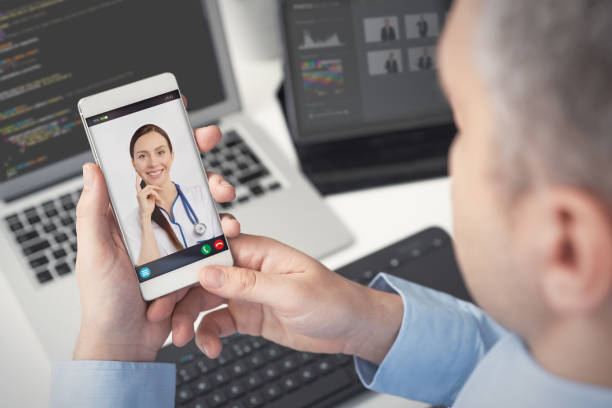Book Appointment Now

Remote Care in Public Health Nursing
As healthcare evolves, remote care in public health nursing has emerged as a vital trend, reshaping how nurses deliver care to communities. With advancements in nursing technology, public health nurses are now equipped to offer services remotely, ensuring better accessibility and efficiency. This shift has paved the way for integrating other technological trends in nursing practice, addressing healthcare gaps while improving patient outcomes. In this article, we’ll explore how remote care and related technologies are revolutionizing public health nursing.
Get a custom nursing essay with technological trends in nursing practice assignment? ![]()
Key Technological Trends Shaping Public Health Nursing
Public health nursing has seen significant advancements due to the integration of technology. Here are some of the most impactful trends:
Telehealth in Nursing: Expanding Accessibility
Telehealth in nursing has grown rapidly, offering patients easier access to healthcare professionals without the need for in-person visits. Public health nurses now use telehealth platforms to:
- Conduct virtual consultations
- Monitor patients remotely
- Provide educational resources
- Follow up on chronic conditions
Through telehealth, nurses can overcome geographic barriers, ensuring that patients in rural or underserved areas receive the necessary care. This has not only improved patient access but also contributed to better health outcomes for vulnerable populations.
The Rise of Mobile Health in Nursing
The use of mobile health (mHealth) apps in public health nursing has gained momentum. These apps help monitor patients’ health data, track symptoms, and manage chronic diseases such as diabetes and hypertension. Public health nurses can recommend mHealth tools to patients for:
- Tracking physical activity
- Monitoring blood pressure and glucose levels
- Managing mental health and medication adherence
This seamless integration of mHealth supports preventive care, empowering patients to manage their health while allowing nurses to intervene early when necessary.
Nursing Informatics for Data-Driven Care
Nursing informatics involves the use of data to inform healthcare decisions, which is critical for public health. By collecting and analyzing patient information, nurses can identify patterns and trends that help prevent diseases and manage public health crises. Public health nurses now use:
- Electronic health records (EHRs) for accurate patient history
- Predictive analytics for disease outbreak prevention
- Data-sharing platforms for collaborative care
Nursing informatics in healthcare ensures that nurses have access to the right information at the right time, improving both clinical decision-making and patient outcomes.
AI in Nursing Care: Enhancing Decision-Making
The introduction of artificial intelligence (AI) in healthcare is another revolutionary trend. AI in nursing care can assist public health nurses by:
- Predicting patient needs based on historical data
- Providing clinical decision support tools
- Assisting with early diagnosis and preventive strategies
AI helps automate routine tasks, allowing public health nurses to focus on patient interaction and care planning. This trend is vital for enhancing productivity and providing more personalized care.
The Impact of Remote Care on Public Health Nursing Practice
How Virtual Care in Nursing is Transforming Healthcare Delivery
Virtual care in nursing encompasses the use of video calls, messaging, and online health portals to deliver care remotely. Public health nurses leverage virtual care to:
- Monitor patients with chronic illnesses
- Conduct post-operative follow-ups
- Offer mental health counseling and support
By providing care virtually, nurses can minimize hospital visits and reduce healthcare costs, making the entire system more sustainable and patient-centered.
Challenges and Considerations in Adopting Remote Care in Public Health Nursing
While remote care in public health nursing offers numerous benefits, challenges remain. Public health nurses need to consider factors such as:
- Digital literacy among patients
- Data privacy and cybersecurity
- Accessibility to reliable internet and digital devices
These issues require solutions that balance the use of technology with equitable access to healthcare services, ensuring that all patients benefit from these innovations.
The Future of Remote Care in Public Health Nursing
The rise of remote care in public health nursing marks a significant milestone in healthcare innovation. As nurses continue to integrate telehealth, mobile health, AI, and informatics into their practice, the field of public health nursing will become more efficient, patient-centered, and proactive. By overcoming the challenges and embracing these technologies, public health nurses will be better equipped to meet the diverse needs of their communities, ensuring a healthier future for all. Real also: IOM Future Of Nursing Report And Nursing







